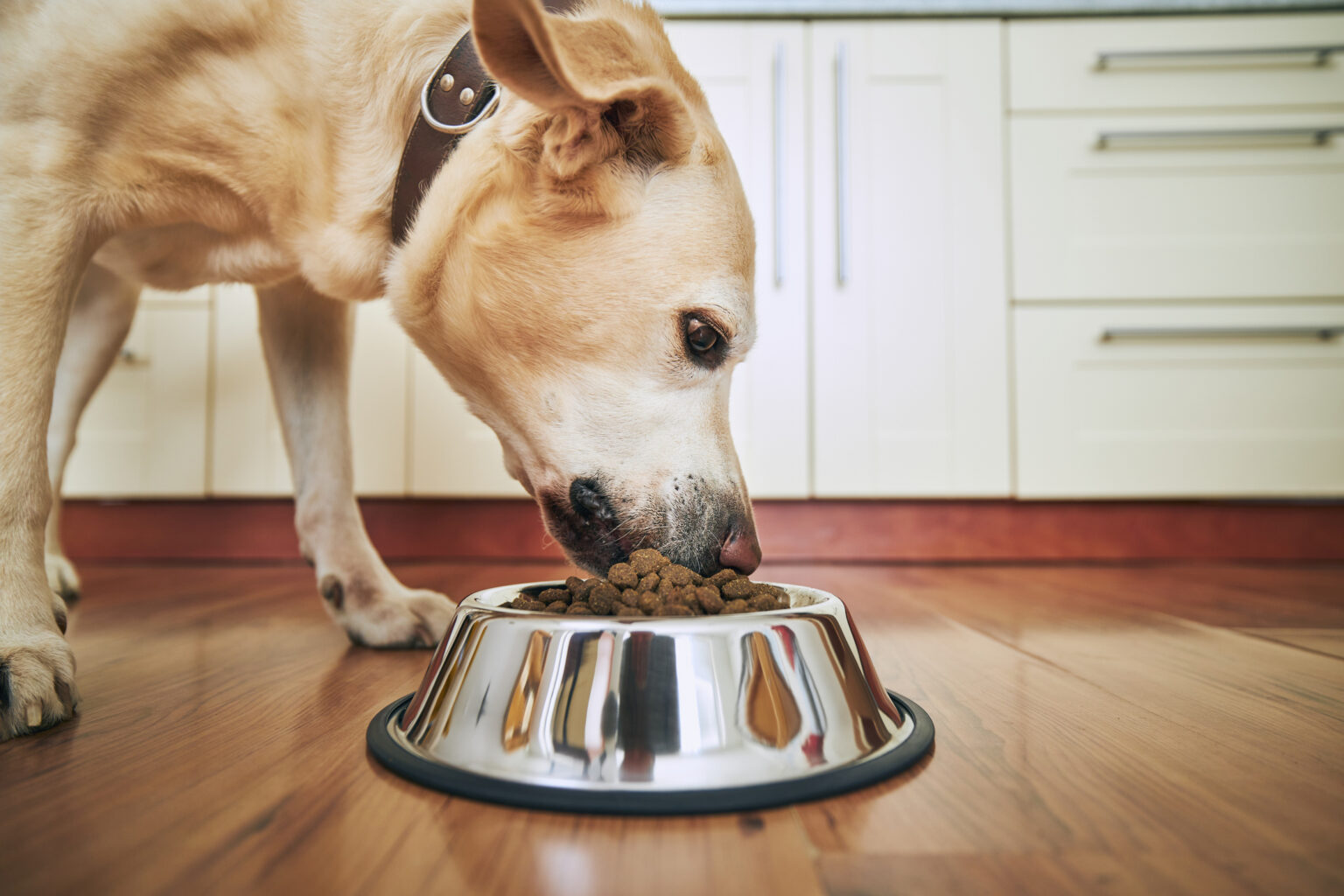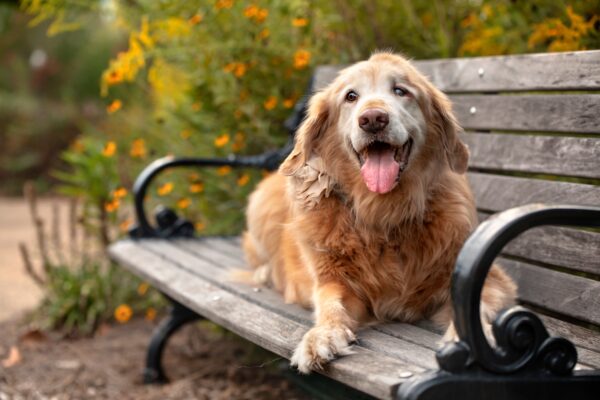If you’re anything like us, you’ll find it hard to resist a pleading look from your pooch – but giving into their every want could lead to long-term health problems. Canine obesity is the most common nutritional disorder in dogs and, as with humans, it’s caused by taking in more energy than giving out.
Causes
There are a few reasons why dogs might put on weight. Excess energy is stored primarily as fat, but other factors also contribute to obesity including:
- Diet.
- Age (older dogs, just like us, are naturally less active and require less food intake).
- Sex.
- Reproductive status (neutered animals tend to put on weight more easily).
- Exercise.
- Medication, such as steroids.
- Underlying disease that affects hormones or impairs exercise, such as arthritis.
- Genetics.
Feeding table scraps and too many treats can lead to overeating. In some adult dogs, up to half the calories they need are supplied as human food, particularly in toy breeds.
Plus, some owners are simply unsure about how much to feed their dog, failing to measure food accurately, and sometimes in denial about how much they feed.



